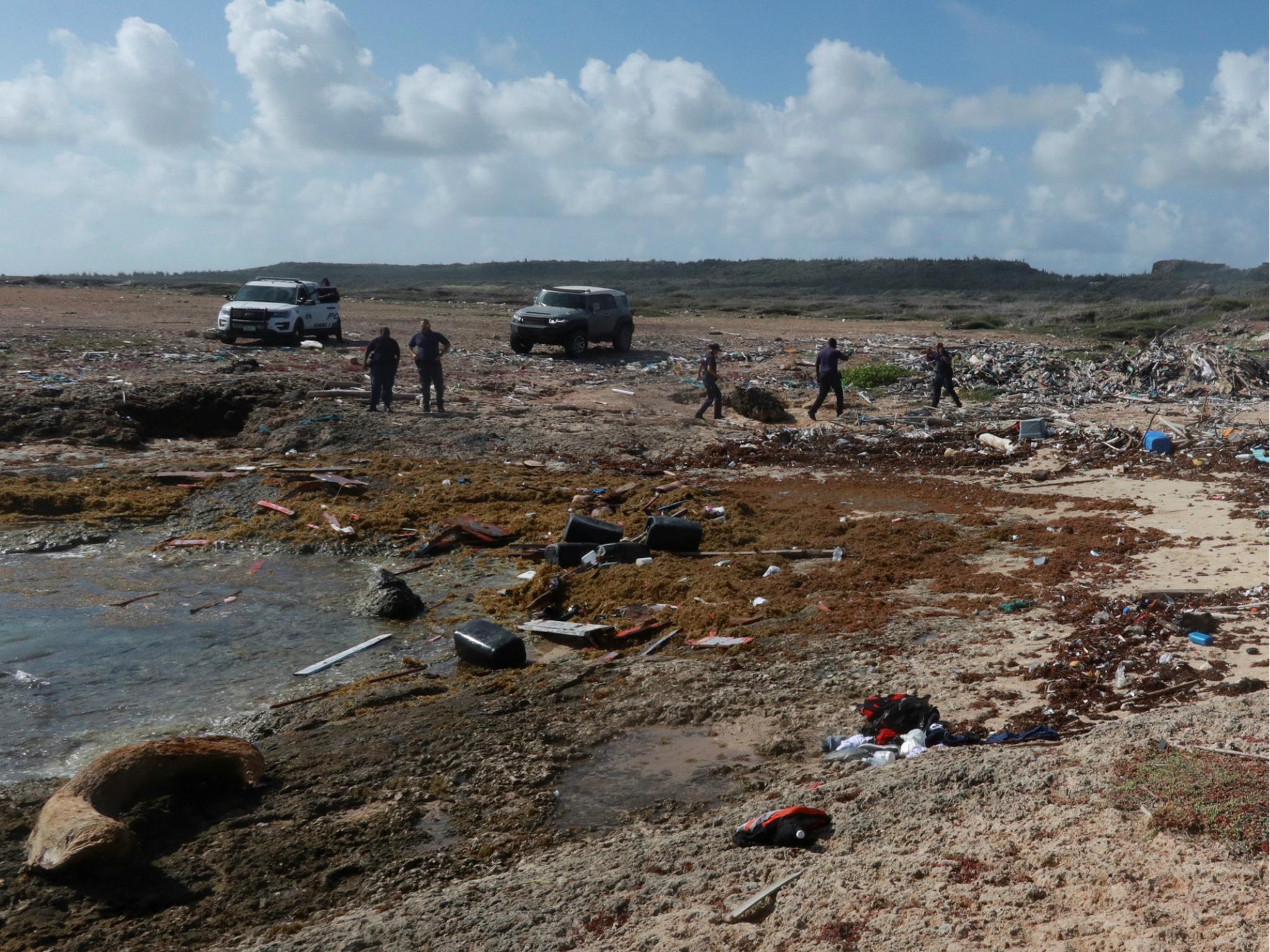Venezuela shipwreck: Four people dead and 28 missing after boat sinks on way to Curacao
Caracas had put a travel ban on citizens travelling to Curacao last week

Your support helps us to tell the story
From reproductive rights to climate change to Big Tech, The Independent is on the ground when the story is developing. Whether it's investigating the financials of Elon Musk's pro-Trump PAC or producing our latest documentary, 'The A Word', which shines a light on the American women fighting for reproductive rights, we know how important it is to parse out the facts from the messaging.
At such a critical moment in US history, we need reporters on the ground. Your donation allows us to keep sending journalists to speak to both sides of the story.
The Independent is trusted by Americans across the entire political spectrum. And unlike many other quality news outlets, we choose not to lock Americans out of our reporting and analysis with paywalls. We believe quality journalism should be available to everyone, paid for by those who can afford it.
Your support makes all the difference.At least 28 people are missing and four have been confirmed dead after a boat from Venezuela sank on the way to the Dutch island of Curacao.
Police and relatives of the surviving passengers confirmed the boat had been trying to reach the city of Willemstad despite a travel ban imposed by the government of Venezuelan President Nicolas Maduro.
Reginald Huggins of the Curacao police told Reuters that the victims were two men and two women who were "found on the beach" the morning on 10 January.
"This was not a crime, they were not murdered," Mr Huggins confirmed.
A relative of one of the survivors said the boat "was carrying too many passengers" and broke apart as the result of large waves.
Venezuela's Regional Civil Protection director Jose Montano confirmed there were a total of 34 passengers on board, which left only two survivors who made it to shore after the boat broke.
Amid Venezuela's socialist economic crisis, citizens were often travelling to the island in search of goods, employment, and services that were either unavailable or expensive in the country.
Last week, Mr Maduro placed a ban on travel to the Caribbean islands Curacao, Bonaire and Aruba in an attempt to stop the smuggling of Venezuelan goods. He has said he thinks Venezuela's heavy subsidies for consumer goods - like fuel - have led to years of contraband going to neighbouring nations.
He has said such contraband is driving the current product shortages. However, his critics have said the state-led economic system is what is to blame.
The government of Curacao had said that "unilateral closure of the border with Venezuela does not fit with the search for better relations with our neighbour."
Governments around the world have criticised Mr Maduro for not allowing a democratic transition to a new administration and skyrocketing prices on basic goods, but none have proffered armed conflict as a solution.
There have been some economic measures from the EU and neighbouring countries, but they have done nothing to stem Mr Maduro’s political power.
Join our commenting forum
Join thought-provoking conversations, follow other Independent readers and see their replies
Comments